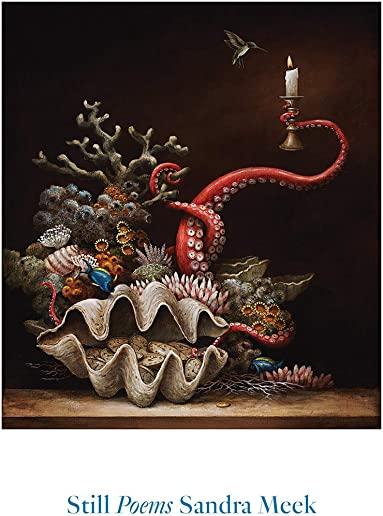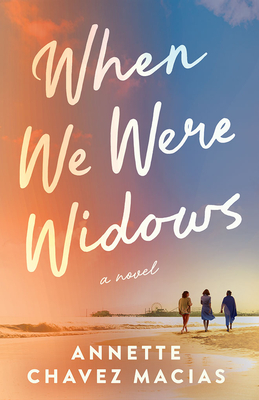
Still re-imagines the Renaissance concept of the studiolo, a room displaying cabinets of wonder, each juxtaposing human-made art objects, such as miniature still-life paintings, with natural ones--harbingers of the coming wonders and catastrophes of travel brought back from distant lands Europeans claimed as "discoveries."
These poems shimmer with the wonders of the natural and aesthetic worlds--and in doing so, reckon with environmental, colonial, and sexual violence, with the oppression of silencing as well as the reclamation of voice. In confronting violations of body, family, culture, and nature, Still gives voice and image not only to what is still, what has been stilled, and what is in danger of being forever stilled, but also to the marvel of survival.







